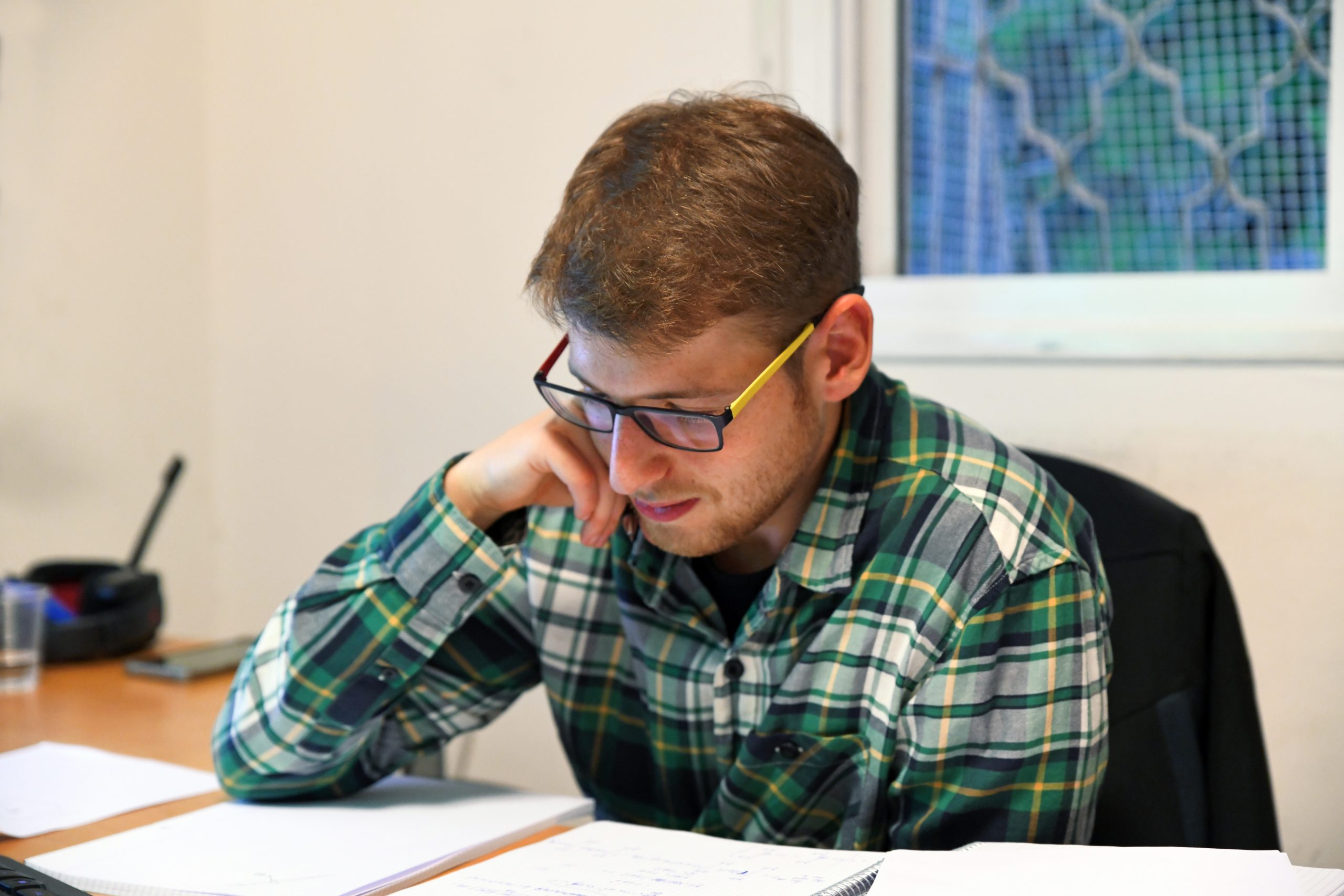Do you have a great work ethic, but struggle to stay on task? Or maybe you consider yourself responsible but often miss important details or miss deadlines, or are often late for meetings. Maybe you’re not very good at studying, but know that you’re smart.
Sound familiar? It’s possible the cause is attention-deficit hyperactivity disorder, more commonly known as ADHD. While many have heard of ADHD in children, many adults can also have ADHD, or may not realize that their symptoms are a sign of the disorder.
Adult ADHD, according to the Mayo Clinic, has a large range of cognitive and emotional symptoms. Symptoms can include impulsiveness, disorganization, poor time management and prioritization skills, issues with staying on task, mood swings, or feelings of frustration.
So, how does ADHD present itself in adults versus children?
ADHD makes it incredibly hard to focus, which can make it difficult to complete detailed or seemingly mundane work. It can also be more challenging to stay on task and stick with one project for longer periods of time.
Adults with ADHD can be forgetful or may miss important details during meetings. It can be difficult to sit through concerts and movies as well. ADHD can also affect relationships, especially if symptoms leave the person feeling angry or frustrated.
Other symptoms of Adult ADHD might include:
- Depression
- Problems staying organized
- Lack of focus or the ability to think things through
- Low self-esteem
- Trouble concentration, or unintentionally ignoring others when being spoken to
An interesting feature of adult ADHD is that is might present itself as hyperfocus. The individual may become incredibly focused on a task that they become oblivious to the world around them. It can be challenging to break the “flow” of work, and the person might work until the task is entirely completed.
There are many treatment options available for adults who have been diagnosed with ADHD. Therapy and medication may be recommended, but there are other tips and tricks that can help as well:
- Create a schedule for each day
- Use a planner and to-do lists
- Work on boring or repetitive tasks when you’re most alert
- Take notes to help you stay attentive and remember important details later
- Use headphones to help lessen distractions
- Switch back-and-forth between projects when you get bored with one
- Create a reward system for completing tasks
ADHD is commonly treated with a combination of therapy and medication. Cognitive behavioral therapy can help adults with ADHD to manage their responses to emotional challenges and can help with lessening symptoms such as inattention and impulsivity.
Adults with ADHD should remember that they are not unintelligent or lazy. With help from a mental health practitioner, adults with ADHD can find ways to gain back control over their lives.




